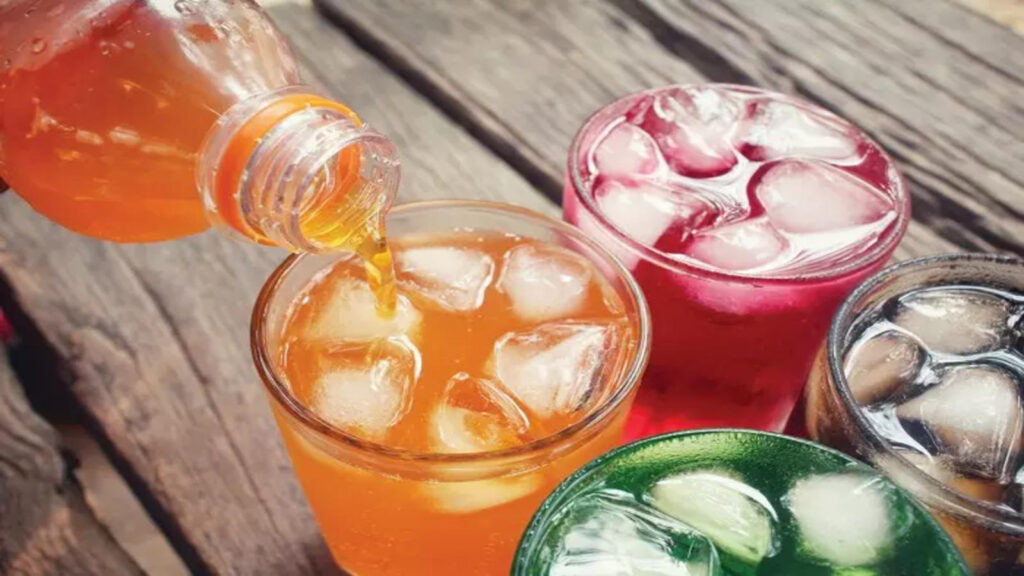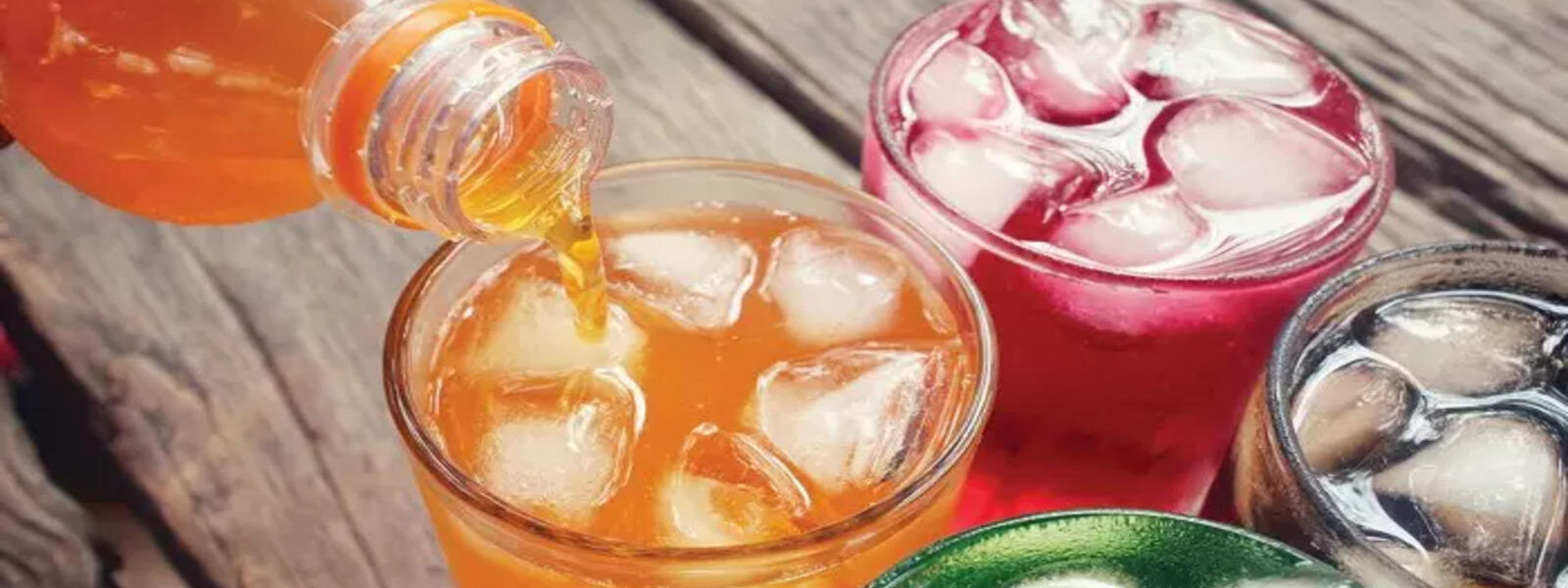
Discover why the U.S. FDA has banned brominated vegetable oil (BVO) in sodas, following global concerns about health risks. Learn about BVO’s impact and the move toward safer fizzy drinks.
An ingredient once commonly used in citrus-flavored sodas to keep the tangy taste mixed thoroughly through the beverage has finally been banned for good across the US. The U.S. Food and Drug Administration (FDA) has officially revoked the registration of a modified vegetable oil known as brominated vegetable oil (BVO) in the wake of recent toxicology studies that make it difficult to support its ongoing use.
BVO, which has been used as an emulsifying agent since the 1930s, ensures that citrus flavoring agents don’t separate and float to the top of sodas. By attaching a dozen bromine atoms to a triglyceride, BVO creates a dense oil that disperses evenly throughout water when mixed with less dense fats. However, this isn’t BVO’s only characteristic. Animal studies have suggested that the compound can accumulate in our fat tissues over time. Additionally, bromine’s potential interference with iodine’s essential function in the thyroid has raised concerns among health authorities worldwide.
Interestingly, BVO has already been banned in many countries, including India, Japan, and nations within the European Union. In California, legislation was passed in October 2022 to outlaw BVO, with the ban set to take effect in 2027. Despite these actions, the FDA had been slow to act. In the 1950s, the agency classified BVO as “generally recognized as safe” (GRAS), a designation given to items that have either been adequately tested or, for ingredients in common use before 1958, do not appear harmful. However, in subsequent decades, questions arose about BVO’s potential toxicity, leading the FDA to overturn its GRAS classification and temporarily limit its use to relatively small concentrations (no more than 15 parts per million) exclusively in citrus-flavored drinks.
What are the health risks associated with BVO?
Brominated vegetable oil (BVO) has been associated with several health risks, which led to its recent ban by the U.S. Food and Drug Administration (FDA). Here are the key concerns:
- Bromine Accumulation: BVO contains bromine, which can accumulate in our fat tissues over time. This accumulation may pose health risks, although the exact effects are still being studied.
- Thyroid Function Interference: Bromine competes with iodine, an essential nutrient for thyroid function. High levels of bromine intake could potentially interfere with iodine’s role in maintaining a healthy thyroid gland.
- Cardiovascular and Behavioral Issues: Animal studies have linked high concentrations of BVO to heart problems and behavioral issues. While these studies don’t directly translate to humans, they raise concerns about potential adverse effects.
- Toxicology Uncertainty: Determining the exact risks of BVO has been challenging due to limited long-term human studies. However, accumulating evidence prompted the FDA to ban its use in sodas.
Collecting data on the risks posed by even these small amounts of BVO over time has been challenging, relying heavily on long-term studies evaluating health effects in a significant sample of people. Evidence has gradually accumulated, with a UK study in the 1970s revealing bromine buildup in human tissues and animal studies linking high BVO concentrations to heart and behavioral problems. Based on more recent animal studies that consider relative concentrations of BVO humans are likely to ingest, the FDA has finally concluded that there is sufficient evidence to ban its use altogether.
In summary, the FDA’s decision to outlaw BVO underscores its commitment to monitoring emerging evidence and taking regulatory action when science does not support the continued safe use of additives in foods. With this move, the US joins other countries in prioritizing consumer safety and health by eliminating BVO from our favorite fizzy drinks.
Frequently asked questions (FAQs) related to the recent FDA ban on BVO in sodas
Q – What is BVO, and why was it used in sodas?
Ans – BVO is a modified vegetable oil that has been used as an emulsifying agent in citrus-flavored sodas. It helps keep the flavoring agents evenly mixed throughout the beverage, preventing separation.
Q – Why did the FDA ban BVO?
Ans – The FDA banned BVO due to health concerns. Accumulating evidence suggested that BVO could accumulate in fat tissues, potentially interfering with thyroid function. Animal studies also linked high BVO concentrations to heart and behavioral problems.
Q – Which countries had already banned BVO before the FDA’s decision?
Ans – Many countries, including India, Japan, and nations within the European Union, had already banned BVO. In California, legislation was passed to outlaw BVO, with the ban set to take effect in 2027.
Q – What alternatives will replace BVO in sodas?
Ans – Beverage manufacturers are likely to explore alternative emulsifiers or stabilizers to replace BVO. These may include other food-grade additives that achieve similar results without the associated health risks.
Q – How will this ban impact consumers?
Ans – Consumers can now enjoy citrus-flavored sodas without worrying about BVO-related health risks. The FDA’s decision prioritizes safety and underscores the importance of monitoring food additives for potential harm.
See Also – 12 Best Healthy Non-Alcoholic Drinks to Order at a Bar










